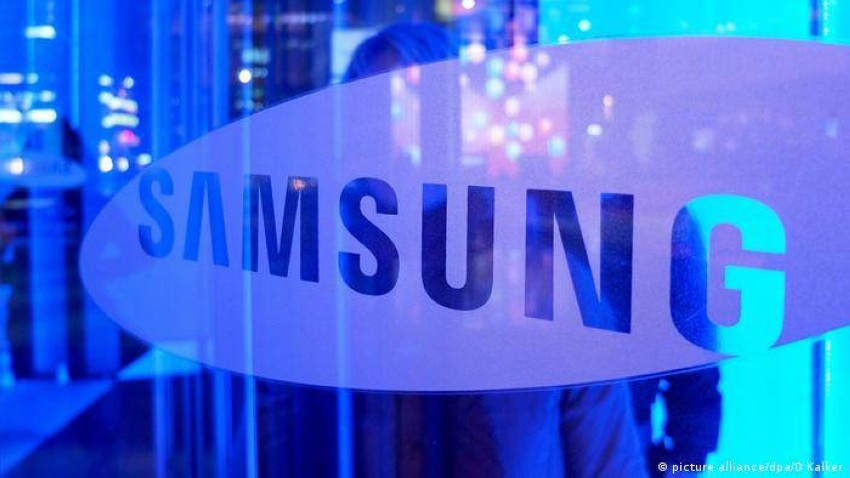The first profit decline recorded by Samsung Electronics since 2019 highlights the severity of the global decline in sales of PCs and memory chips. The biggest company in South Korea acknowledged in a statement that operating profit dropped 32% to 10.8 trillion won ($7.7 billion) in the three months leading up to September. Analysts pegged the figure at 12.1 trillion won on average. Sales fell short of expectations and came in at 76 trillion won.
At the end of this month, Samsung will provide a complete report that includes information on net income and performance.
According to Bloomberg, global memory chip manufacturers have recently issued warnings about a more competitive market as inventories build up, data centre demand declines, and tech-savvy buyers notice unexpectedly weaker demand for PCs and cellphones. Production has been reduced by Micron Technology and Kioxia Holdings Inc. in an effort to restore supply balance and prevent a price spike.
US processor and graphics chip manufacturer Advanced Micro Devices Inc. was unable to estimate third-quarter sales statistics, which came in around $1 billion below its expectation, until just before Samsung’s results were revealed. The demand for PCs has been lower than anticipated, and inventory adjustments have been significant, according to Lisa Su, CEO of AMD.
The US government export limits would restrict the From sales of IT businesses in China, a significant portion of the market for chips will be weakened. This downturn is not just driven by conventional supply and demand dynamics, but varies from previous cycles due to geopolitical uncertainties. The profitability of memory chip manufacturers will decline much further if EMD and Nvidia are unable to sell chips in China.
According to Statistics Korea data, South Korea, which is home to the largest memory chip manufacturer in the world, reported a fall in chip manufacturing in August for the first time in more than four years.
After a string of macroeconomic shocks, including the conflict between Russia and Ukraine, rising gas and inflation prices, and an increase in interest rates at the US Federal Reserve, the memory chip market abruptly crashed.
Despite the year-long decline in demand for electronics, Morgan Stanley upgraded the semiconductor industry earlier this week, driving up the stock prices of Samsung and Hynix on the anticipation of a market recovery in the second half of 2023.
However, according to Samsung’s business president Kyung Kyuhyun, it is improbable that the memory market will gain pace for a rebound over the course of the upcoming year.
According to the Korea Economic Daily, Kyung informed staff members at an internal gathering that Samsung has reduced its guidance for semiconductor sales in the second half of this year by 32% from its April forecast.
Samsung’s profits decreased for the first time since 2019 as a result of a drop in sales of smart chips.

